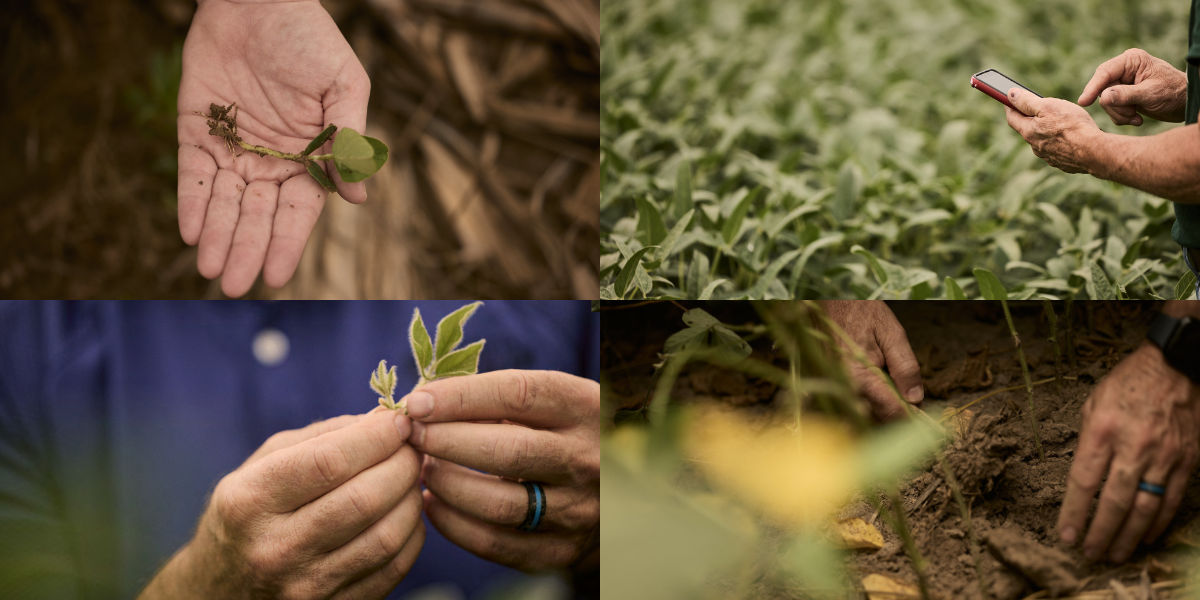I want to take a few moments to update you on a policy proposal that has gained attention in Springfield and around the country: a Low Carbon Fuel Standard (LCFS). Some have portrayed this program as a silver bullet for reducing emissions and strengthening markets. But after closely reviewing the policy and its impacts, Illinois Soybean Growers (ISG) must be clear. An Illinois LCFS mandate will harm farmers and our biofuels industry, and it will shrink the farm economy.
At its core, an LCFS is a government mandate on fuel. The result is simple: diesel fuel becomes more expensive. Any suggestion otherwise is either incomplete or misleading. The very design of an LCFS is to transition the transportation system away from liquid fuels by making them prohibitively costly.
But here in Illinois, we know the reality—tractors, combines, heavy machinery and 18-wheelers cannot be powered by electricity. To suggest otherwise ignores the backbone of agriculture and transportation. An LCFS would push more electric vehicles onto the market, further straining an already fragile electric grid and driving up energy costs for families and businesses alike. Higher energy costs, paired with reduced demand for soybeans, is the exact opposite of what farm groups should be working toward.
Supporters of an LCFS often suggest it would create new opportunities for farmers through conservation practices. The truth is far more limited. In practice, only landowners farming their own acres would realistically qualify. With most Illinois farmland rented, both tenants and landlords would see reduced crop revenue as barriers to participation cut them out. On top of that, applying for a so-called “carbon farmer license” would invite the Illinois EPA directly onto our farms, giving the agency new authority to regulate day-to-day production practices. Instead of empowering farmers, this opens the door to more red tape, more inspections and more fines—without any certainty that the returns will outweigh the costs.
The evidence from California is clear: fuel prices rise under an LCFS. At the same time, Illinois farmers could see valuable biodiesel incentives—such as our state sales tax exemption—undermined or eliminated. Although participating in a carbon program might bring some farm revenue, it comes at the cost of lower soybean prices overall. Why? Because an LCFS relies on controversial concepts such as indirect land use change (ILUC) and artificial “soy caps” that devalue our crop.
Illinois farmers have built a strong biodiesel market—more than 60% of our biodiesel feedstocks come from soy. By comparison, California uses less than 20% soy in its biodiesel. If Illinois adopts their approach, it will erode the very markets we have worked so hard to establish.
Finally, the program allows “co-processing,” blending biomass at petroleum refineries in ways that undermine the integrity of renewable fuels themselves. This blurs the line between genuine biofuel innovation and fossil fuel compliance tactics—hardly a policy Illinois farmers should endorse. This allows petroleum refiners to buy cheap feedstocks when they want and gives them competitive advantages over current soybean oil-based biofuel producers.
In short, LCFS is a mandate that drives up costs, reduces soybean demand and burdens farmers with new regulations. ISG believes in conservation, innovation and expansion of biofuels markets—but we cannot support a policy that actually does the opposite.
Thank you for staying engaged in this important discussion. Together, we can ensure Illinois agriculture continues to thrive without harmful, misguided mandates. Illinois farmers are not playing a zero-sum game in the biofuels market. Some interest groups argue there must be winners and losers, but we reject that approach. Our commitment is to support policies that grow the entire farm economy—where corn is a winner, soy is a winner and all Illinois farmers benefit.
Recent Articles
In this issue of Illinois Field & Bean Magazine, we're looking forward to the 2026 Soybean Summit.
By
Sulfur is essential for plant growth, yet it's only just becoming a common addition to fertilizer management plans. This shift is no coincidence.
By Darby Danzl, ISA Regional Technical Agronomist

